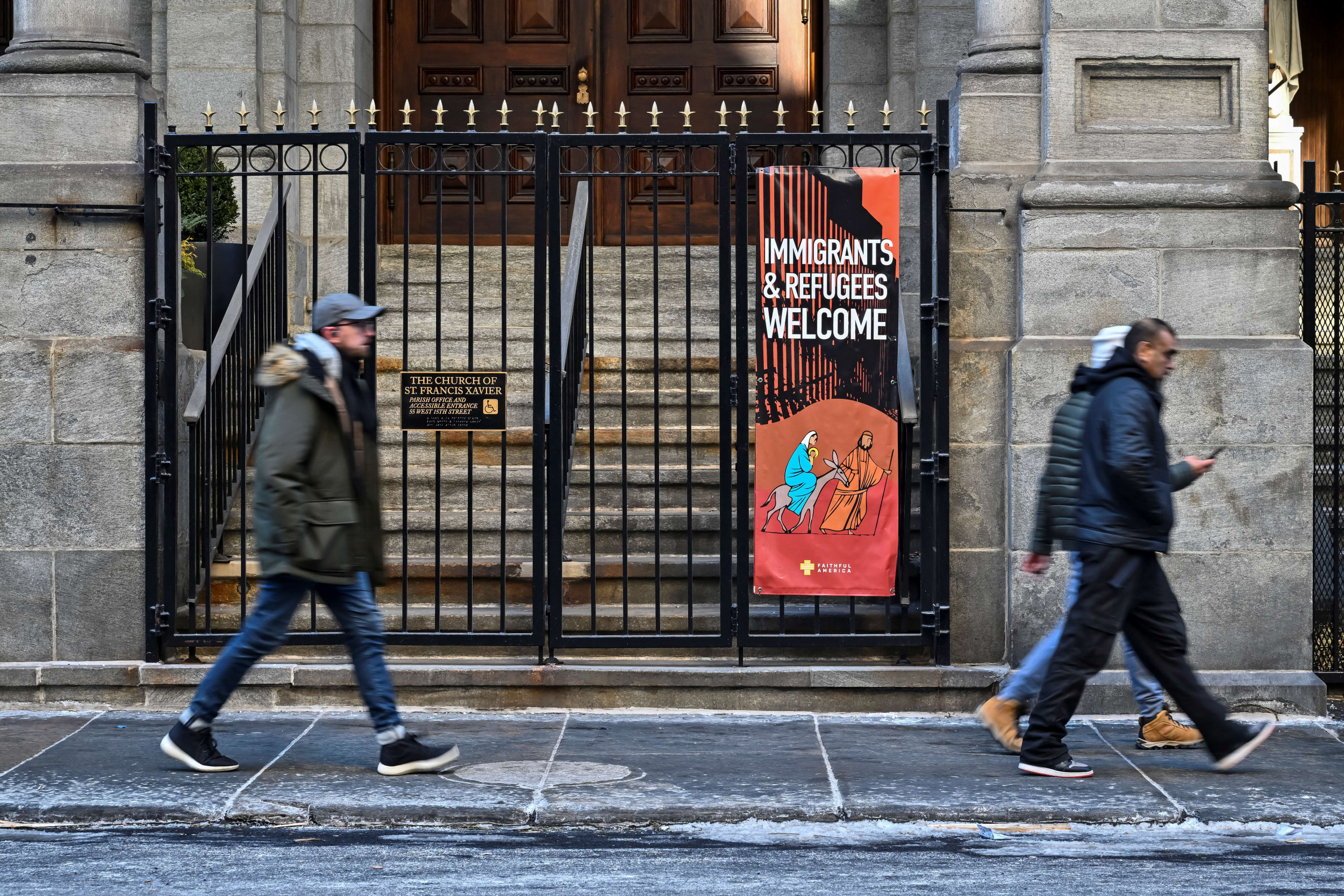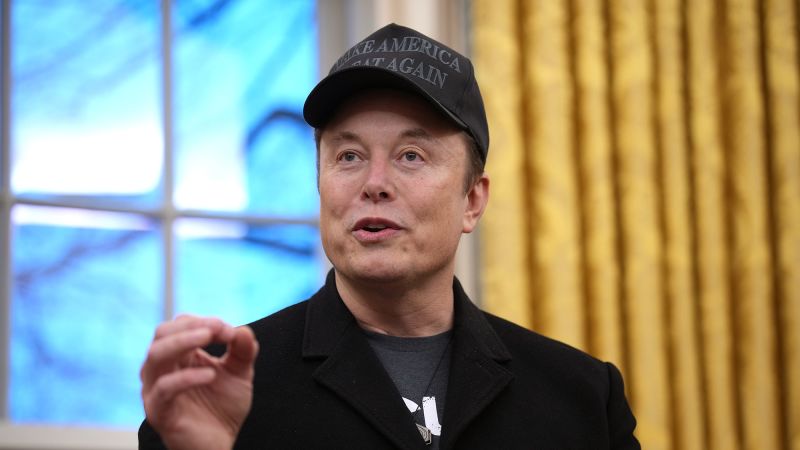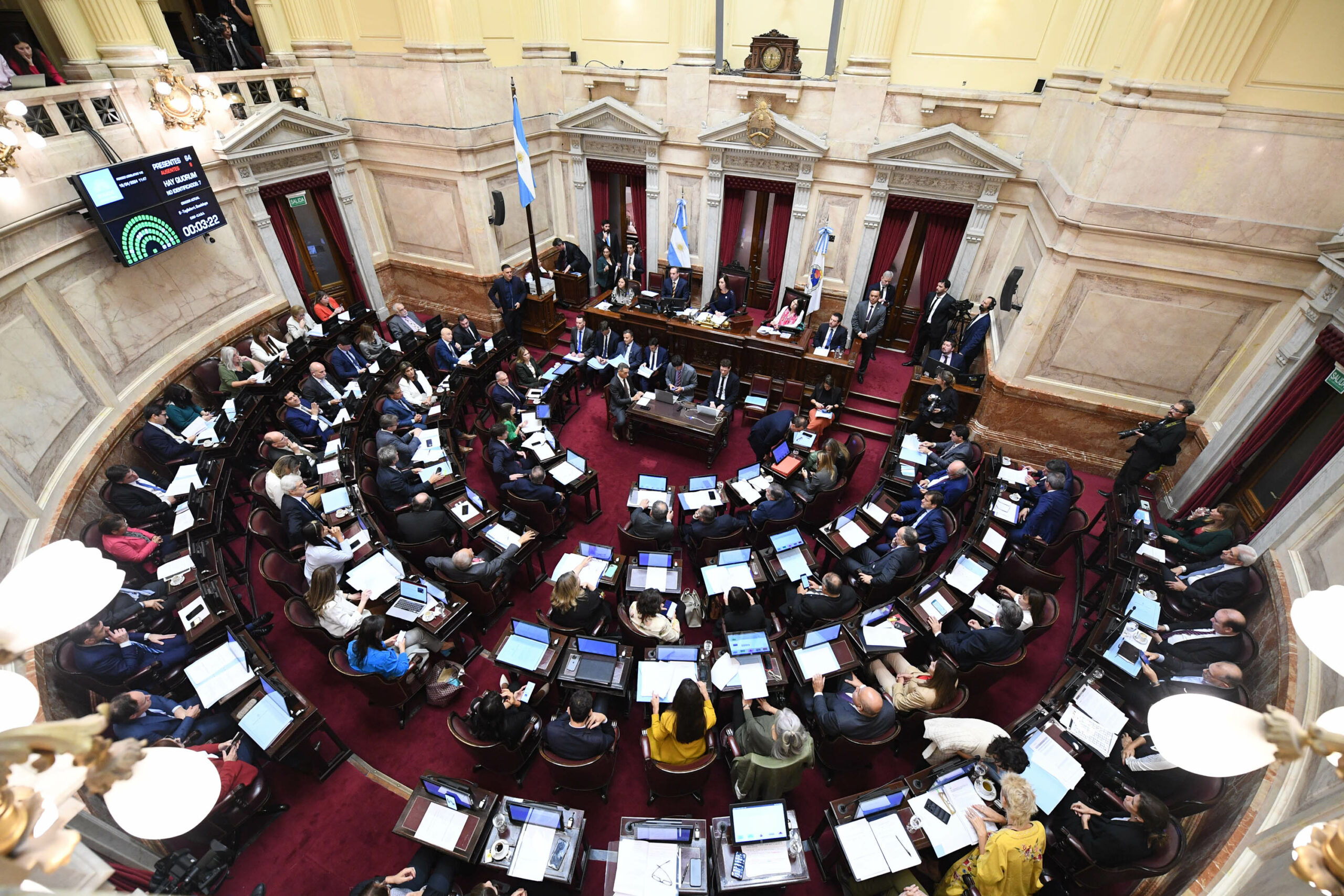A federal judge on Monday barred immigration agents from conducting enforcement operations at houses of worship associated with Quakers and several other religious groups.
U.S. District Judge Theodore Chang ruled that the Trump administration’s policy might infringe on religious freedoms and should be suspended while a lawsuit challenging it is resolved.
The temporary injunction issued by the Maryland-based judge applies only to the plaintiffs, which include a Georgia-based network of Baptist churches and a Sikh temple in California.
Why It Matters
The lawsuit challenges one of President Donald Trump’s multiple immigration policies enacted since his return to the White House, specifically targeting the Biden-era policy that churches, schools, and other sensitive locations were safe havens for immigrants without legal status.
Since the withdrawal of the policy, there have been increased fears of U.S. Immigration and Customs Enforcement (ICE) raids in these spaces.
Churches in the U.S. play a key role in supporting migrants by offering resources, aid, and assistance.
In regard to Trump’s mass deportation plan, an Associated Press-NORC poll, conducted from January 9 to 13 among 1,147 adults, found that 83 percent of Americans support deporting migrants living in the U.S. illegally who have been convicted of a violent crime, while only 6 percent would oppose doing so.
What To Know
The groups sued after the Trump administration threw out Department of Homeland Security (DHS) policies limiting where migrant arrests could happen as Trump seeks to make good on campaign promises to carry out mass deportations.
The policy change said field agents using “common sense” and “discretion” can conduct immigration enforcement operations at houses of worship without a supervisor’s approval.
Plaintiffs’ attorneys argue that the new DHS directive departs from the government’s 30-year-old policy against staging immigration enforcement operations in “protected areas,” or “sensitive locations.”
Five Quaker congregations from Maryland, Massachusetts, Pennsylvania and Virginia sued DHS and its secretary, Kristi Noem, on January 27, less than a week after the new policy was announced.
Many immigrants are afraid to attend religious services while the government enforces the new rule, lawyers for the congregations said in a court filing. Government lawyers claim the plaintiffs are asking the court to interfere with law-enforcement activities based on mere speculation.
More than two dozen Christian and Jewish groups representing millions of Americans have also filed a similar but separate lawsuit in Washington state.
Plaintiffs in the Maryland case are represented by the Democracy Forward Foundation, whose lawyers asked the judge to block DHS enforcement of the policy on a nationwide basis.
“DHS’s new policy gives it the authority to enter any house of worship across the country, no matter its religious beliefs,” the attorneys wrote.
Government lawyers say immigration enforcement activities have been allowed in sensitive places, including houses of worship, for decades. The only change in the policy is that a supervisor’s approval is no longer mandatory, they added.
While there have been increased concerns around ICE raids in sensitive locations, including in sanctuary cities, reports of such incidents are rare.
The judge’s decision to impose the injunction only applies to the plaintiffs, despite a request for a nationwide halt on the Trump administration’s policy.
ANGELA WEISS/AFP via Getty Images
What People Are Saying
Reverend Dr. Paul Baxley, executive coordinator at the Cooperative Baptist Fellowship, told Newsweek in a statement: “Today’s ruling is a powerful validation of the values that have defined the Cooperative Baptist Fellowship—a steadfast commitment to religious liberty, local church autonomy, and the clear separation of church and state. For decades, our congregations have faithfully engaged in ministry among immigrants and refugees, offering a bold and courageous witness to the remarkable and relentless love of Christ.”
He added: “This decision reinforces our effort to restore the sensitive location protections that have allowed our congregations to worship and minister freely. While our work continues, we celebrate this victory as a testament to the bold faith that rises from freedom rather than coercion.”
Christie Duncan-Tessmer, general secretary for plaintiff Philadelphia Yearly Meeting, said in a statement to Newsweek: “Our country is strengthened by people of faith who love their neighbors, no exceptions. Today’s ruling returns some of us to safely holding open the doors to houses of worship to all seekers, as our constitution guarantees. Philadelphia Yearly Meeting looks forward to the next step of removing the barrier of fear for all congregations.”
The plaintiffs’ attorney Bradley Girard told the judge that immigrants were staying at home: “It’s a fear that people are experiencing across the county. People are not showing up, and the plaintiffs are suffering as a result.”
Former President Barack Obama-appointed Justice Department attorney Kristina Wolfe told the judge: “Plaintiffs have provided no evidence indicating that any of their religious organizations have been targeted.”
What Happens Next?
Following the initial injunction, further work is now underway to understand the wider ramifications of the Trump administration’s policy. The White House is also facing other legal challenges over its decisions to curb refugee and asylum entries, and revoke protections for immigrants who entered the U.S. legally.
Reporting by The Associated Press contributed to this story.













